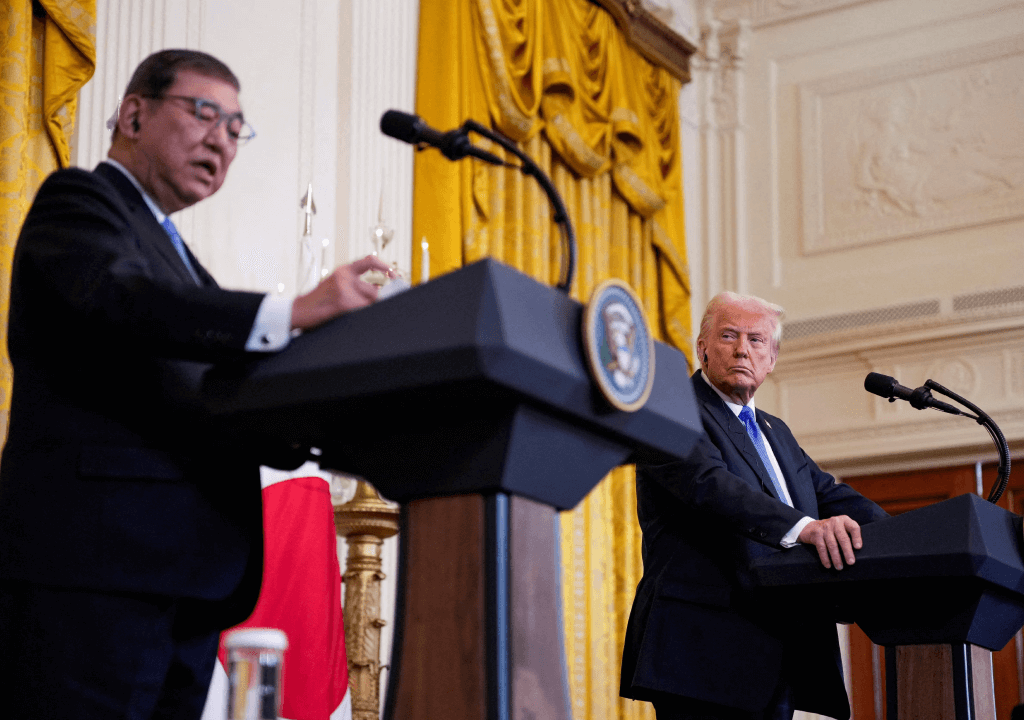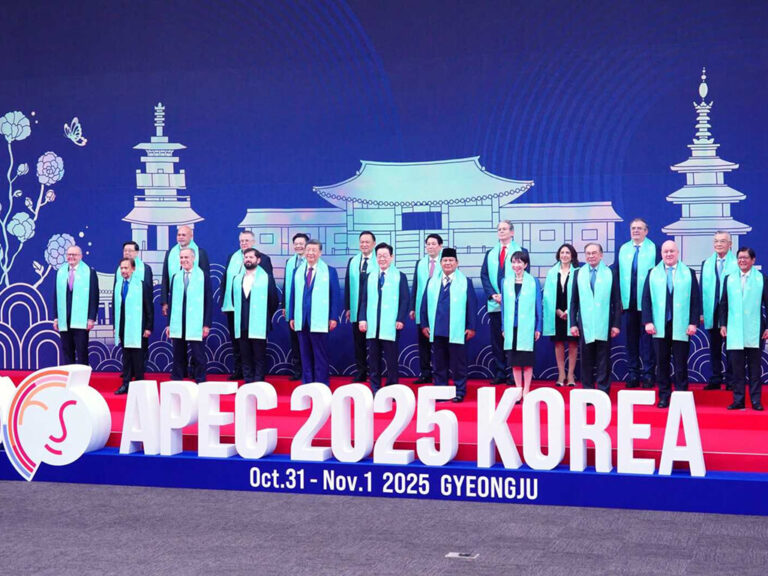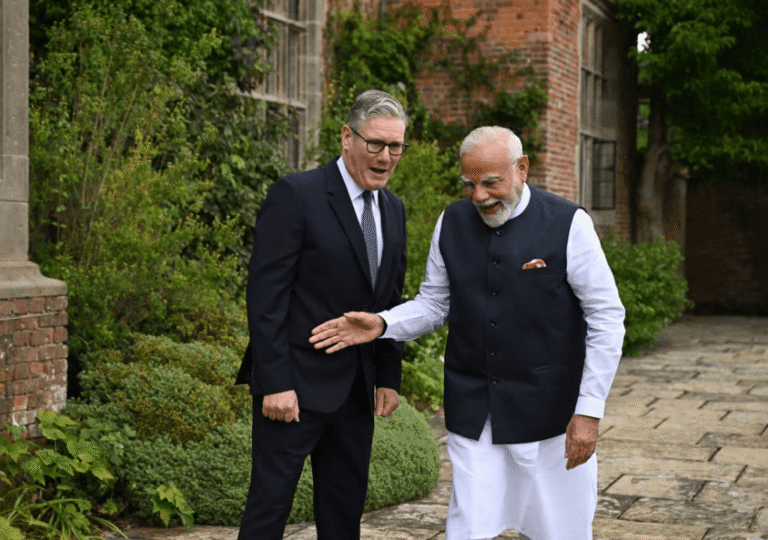Japan has pulled it off. Just days before a 25% tariff on its exports was set to take effect, the country struck a trade deal with the United States—securing a high-stakes diplomatic win amid rising public dissatisfaction in Tokyo. Announced by President Donald Trump, the agreement reduces the tariff to 15%, with Japan agreeing to boost imports of select U.S. goods and offer other key concessions. The news brought widespread relief. Trump, in typical fashion, praised the deal on social media as a “massive agreement,” while Japanese Prime Minister Shigeru Ishiba welcomed it as a mutually beneficial step taken in both nations’ best interests.
What Did Japan and the U.S. Agree On?
The new U.S.–Japan trade agreement lowers tariffs on Japanese imports to 15%, avoiding the previously threatened 25% rate. The deal also includes measures aimed at addressing the trade imbalance through increased purchases and investments. In 2024, Japan imported nearly $80 billion in U.S. goods, while the U.S. imported about $148 billion from Japan, according to the Office of the U.S. Trade Representative. Auto and auto parts made up the bulk of Japanese exports to the U.S.—a trend expected to continue. In return, Japan has agreed to expand market access for U.S. trucks, rice, and other agricultural products. President Trump also announced that Japan will invest $550 billion into the U.S. economy, though specifics on how the funds will be used are still unclear.
Japan’s Wins and Losses in the Trade Deal
Japan’s auto industry—which accounts for about 8% of the country’s jobs and is a major pillar of its economy—has secured a much-needed lifeline. Under the new trade agreement, the previously threatened 25% U.S. tariff on Japanese car imports has been reduced to 15%. Though still higher than the standard 10% imposed on most imports, it’s a significant relief for Japan’s auto giants like Toyota, Honda, and Nissan, all of which have large U.S. markets.
Until now, American importers faced a 27.5% tariff when bringing in Japanese vehicles. The lowered rate not only makes Japanese cars more competitive—particularly against Chinese and European vehicle makers—but also comes at a time when Japan’s auto sector has been reeling from slowing sales and increasing global competition. The renewed optimism sent the Nikkei 225 index up over 4% this week, with shares of Toyota, Honda, and Nissan each jumping more than 10%. Investors clearly see new potential.
Japan has stated that the profits from its planned U.S. investments will also benefit the Japanese economy, which is currently grappling with labor shortages and stagnant growth. Meanwhile, President Trump announced that Japan will open its market to American-made cars under the new deal. But U.S. automakers could still face an uphill battle. Many Japanese drivers see American cars as too big, too fuel-hungry, and not very reliable. Winning their trust won’t be easy.
Despite the gains for autos, the deal may come at a cost to Japan’s agriculture sector. Japan agreed to expand market access for U.S. agricultural products like rice and trucks. While this could help bring down food prices for Japanese consumers, it may also put pressure on local farmers, who will now face tougher competition.
How Will It Impact Politics?
Shigeru Ishiba is facing mounting opposition within his own party after pledging to remain as prime minister, citing the need to oversee ongoing trade negotiations. His coalition lost its upper-house majority in elections last weekend, following a similar loss in the lower house back in October. After two consecutive electoral defeats, his position is widely seen as unsustainable. Following President Trump’s announcement of the trade deal, Japan’s Mainichi newspaper reported that Ishiba plans to resign by the end of next month.
Still, the trade deal offers several lifelines to the ruling Liberal Democratic Party. Perhaps the most notable is the potential to address Japan’s ongoing rice shortage. As part of the agreement, Trump announced that Japan will increase purchases of U.S. agricultural goods, including rice—a move that could help ease domestic supply issues. With Japan heavily dependent on food and energy imports, and equally reliant on exports, the agreement may help ease public dissatisfaction and political pressure on the LDP. Even if Ishiba steps down, his successor could use the deal as the foundation for a broader economic recovery plan.








